The top curveball interview questions executives ask—and what they reveal about job candidates
Executives share their curveball questions—and how it helps them discover the best talent.

In today’s job market, landing an interview can feel like an achievement in itself.
Impersonal LinkedIn job postings and surging online applications have left 72% of job seekers feeling like they're “sending a resume into a black box,” according to a 2024 survey of over 2,000 people conducted by the American Staffing Association and The Harris Poll. Even more discouraging, 40% said they hadn’t received a single interview from applying.
For job seekers who manage to land an interview, preparation can be the key to success and taking the next step.
At Great Place to Work’s For All Summit, top executives told Fortune Editorial Director Kristin Stoller the questions they focus on when vetting candidates. The leadership event hosted thousands of executives from more than 800 companies—and many are featured on the Fortune 100 Best Companies to Work For list.
Read on for insights into what top bosses look for when they’re hiring.
Beyond the resume
“What do you do on the weekend?” is one question that Michael Bush, CEO of Great Place to Work, asks potential candidates. “Usually, that’s unexpected, and I want to learn something about it.”
The answer to this question can show whether the job seeker is honest and self-confident.
“I want to see if they’re willing to be transparent and truthful, or if they’re going to be filtering their comments, feeling that they have a fear of being judged,” Bush said.
Fadzlun Sapandi, EVP of Global Human Resources at DHL Express, wants to quickly find out whether the candidate has done their research, and how excited they are about a potential role at the international logistics and shipping company.
“Why do you want to join us?” Sapandi asks candidates. This can help the company find those truly invested in a role with the company, versus those just looking for any job.
Marriott also looks for candidates who deeply care about its mission.
“Why are you passionate about travel?” Anthony Capuano, President and CEO of Marriott International, questions. Those with a demonstrated interest in hospitality will likely be able to predict the needs of customers and better serve them, which pays dividends for the hotel giant in the long-run.
Jennifer Morgan, CEO of software and payroll company UKG, is interested in adjectives.
“I love to ask candidates, how would people describe them, who’ve worked with them or for them,” Morgan told Fortune. “How do they show up on their best day, and how do they show up on their worst day?”
How candidates answer these questions can show the relationships they’ve built with colleagues, and how grounded they are. Will they remain vigilant on a good day, and how do they problem-solve through a bad one?
DHL Express CEO John Pearson takes a similar approach.
“If I met a boss of yours, or if I met a colleague of yours, but not someone you work with, what five words would they use to describe you?” Pearson asks. “So the boss saying that, or a colleague outside of your company, that reveals a lot.”
Finding good long-term fits
Kimberly Jones, Talent Strategy & People Experience Leader at financial services and tax firm PwC, says she digs into the applicant’s intentions when applying to assess whether they’re a good long-term fit.
“I really like to understand what made them apply for the role, and not just because the role sounds good on paper,” Jones said. “I really want to know their motivations and where they’re trying to go in their life and career.”
It can also be helpful to assess how the candidate feels they have been judged—or misjudged—by colleagues in the past, says Courtney della Cava, Senior Managing Director at asset investment firm Blackstone.
“What is the most common misconception people have of them?” she asks. “It does a number of things: one, it helps me understand, do they have self-awareness? Do they understand what’s written on their back? Two, it helps me understand what is that misconception? Is it real, is it a first impression thing? How do they overcome it, do they have a learning mindset?”
Done right, these questions lead to “insightful areas to probe,” Blackstone’s della Cava explains.
As you apply for jobs, thinking through the answers to these questions could help you stand out from the pack.
This story was originally featured on Fortune.com


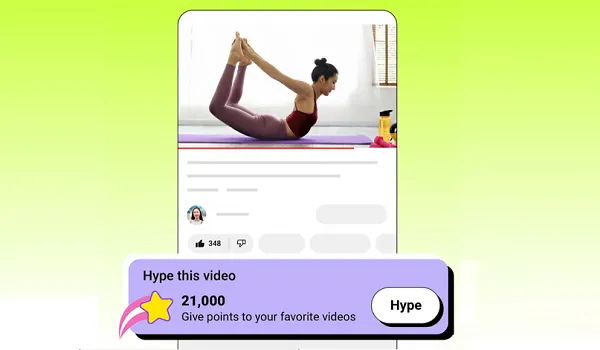
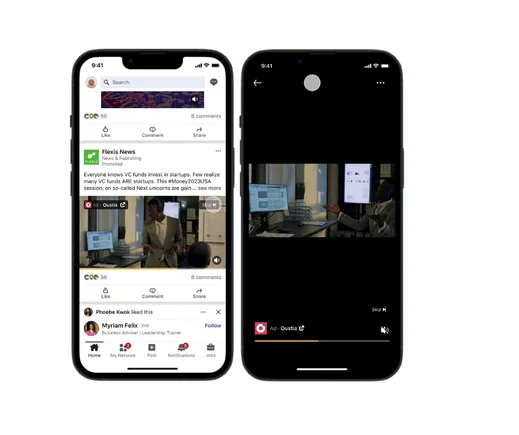





















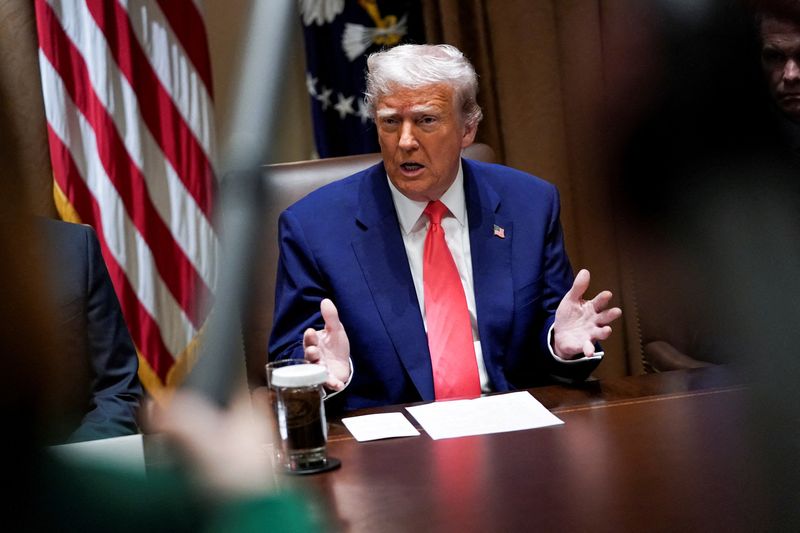





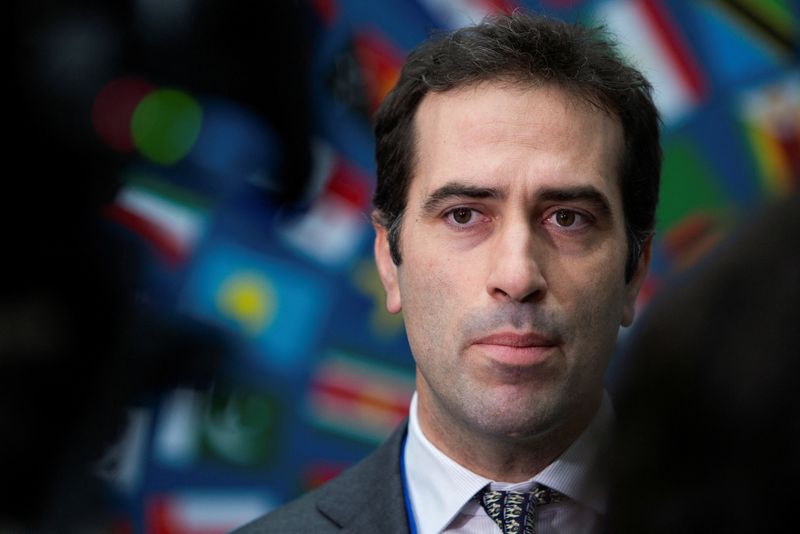











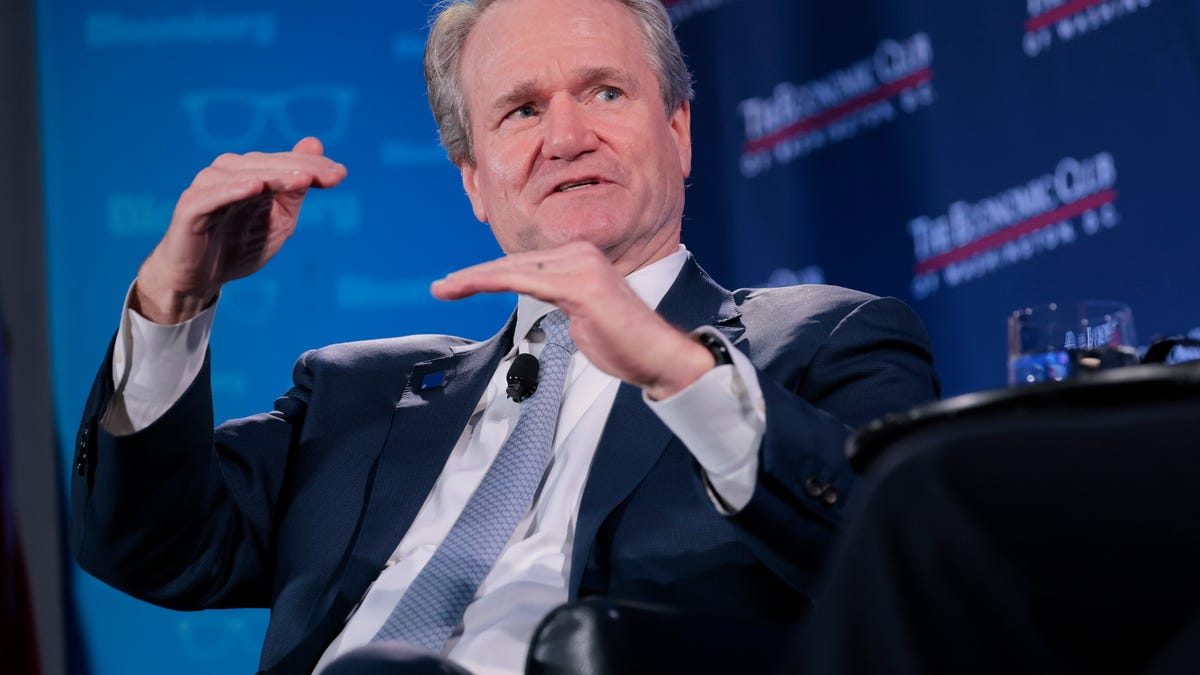
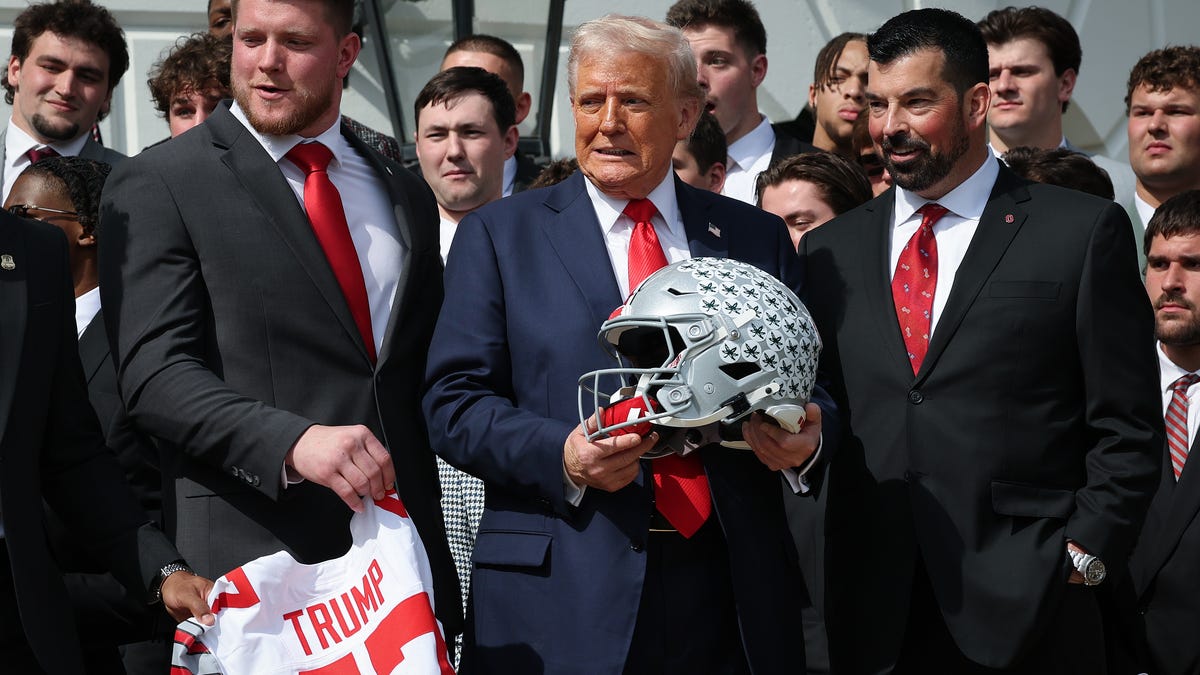
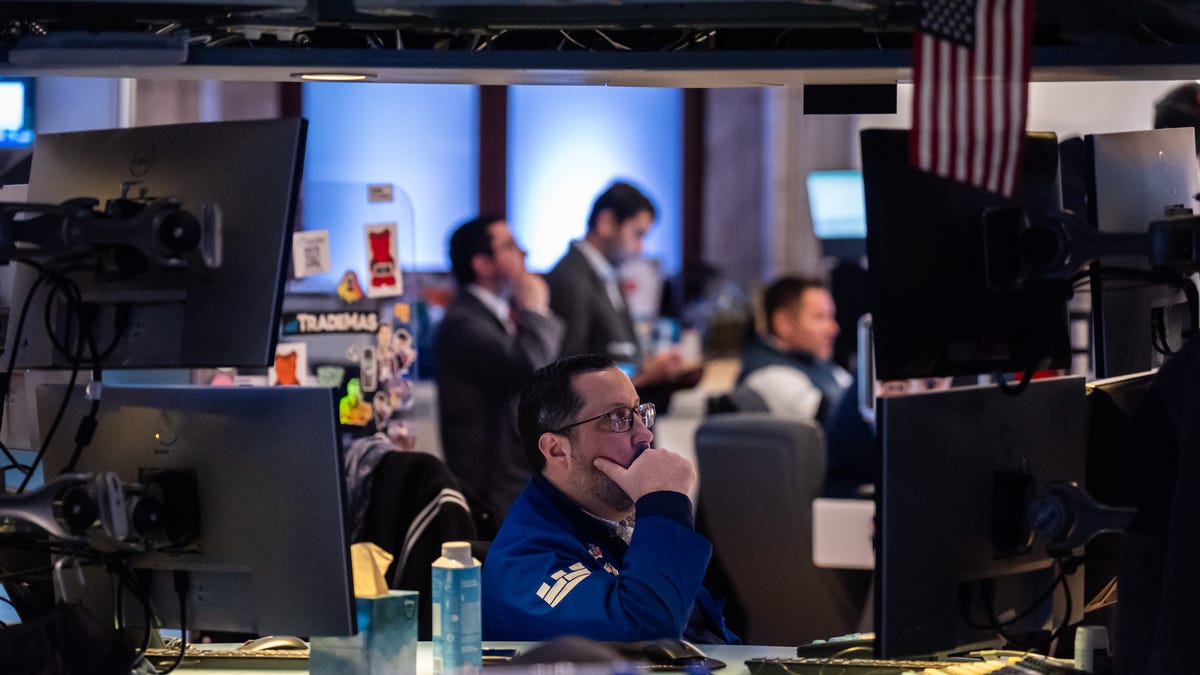










































































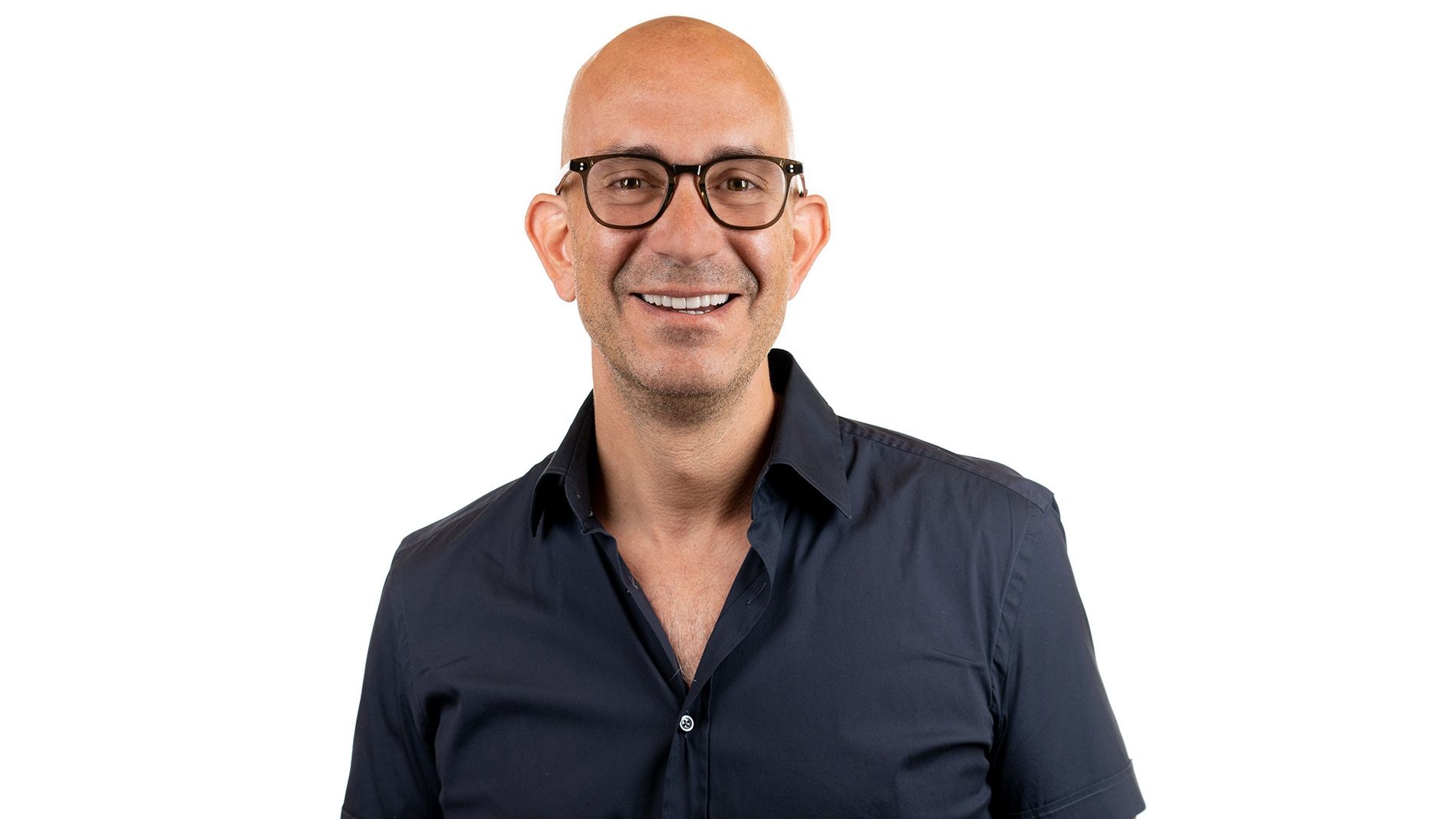






































































![How to Find Low-Competition Keywords with Semrush [Super Easy]](https://static.semrush.com/blog/uploads/media/73/62/7362f16fb9e460b6d58ccc09b4a048b6/how-to-find-low-competition-keywords-sm.png)



